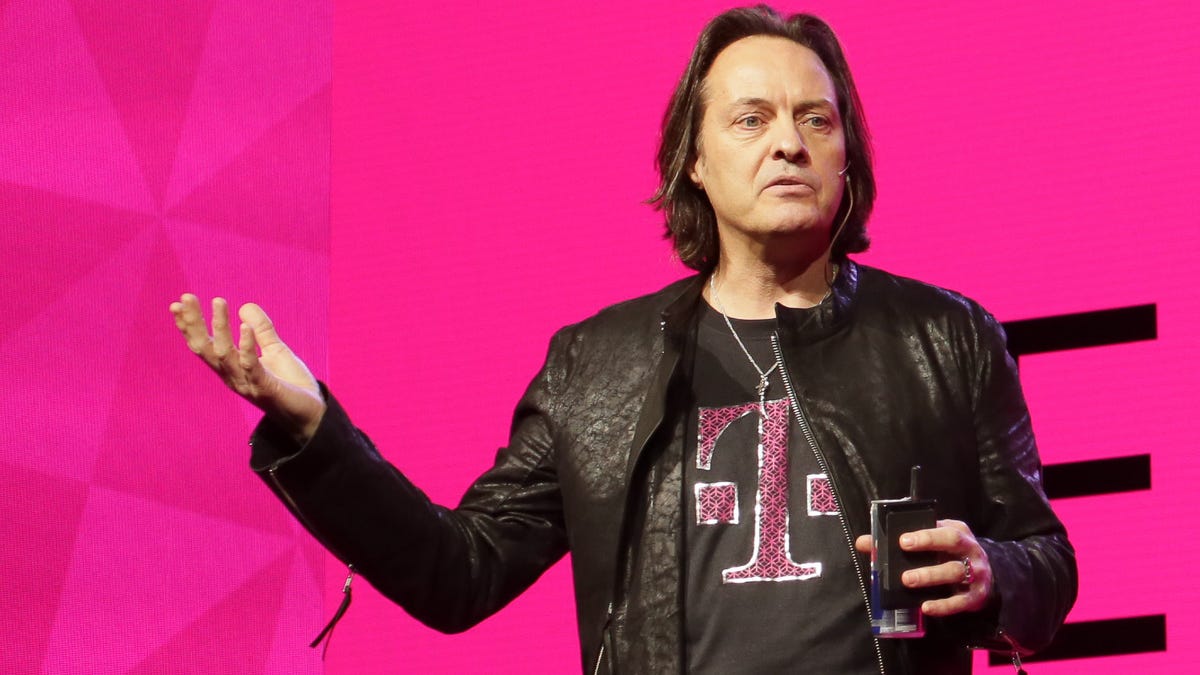T-Mobile says it's blocked 1 billion scam calls
And that's over just the past 18 months.

T-Mobile CEO John Legere says scam calls are an industrywide issue.
T-Mobile says it's ready to block more scam calls.
On Thursday, the wireless carrier said it had integrated new spoof identification technology into its network to better guard customers against scam calls. The company also said it'll comply with the Federal Communication Commission's request to employ technology that'll detect illegal caller ID spoofing.
T-Mobile has blocked more than 1 billion scam calls over the past 18 months, according to the company's release, and it marked an additional 6 billion as likely scam calls. T-Mobile is working with First Orion -- a company that provides call management and protection for T-Mobile, Metro by T-Mobile and others -- to detect scam calls.
"This is an industrywide issue," T-Mobile CEO John Legere said in a release. "When the other guys join us in adopting [FCC] standards, every consumer will be even better protected."
Almost half of US phone calls will be scams by 2019, said a report from First Orion. The percentage of scam calls in the US increased from 3.7 percent last year to 29.2 percent this year, and it's predicted to rise to 44.6 percent next year. One of the most popular method scammers use to trick people into picking up the phone is called "neighborhood spoofing," where they disguise their numbers with a local prefix so people presume the calls are safe to answer.
FCC Chairman Ajit Pai sent letters to the heads of AT&T , Comcast, Verizon , T-Mobile, Sprint , Google and others on Monday, urging them to adopt a call authentication system that would combat illegal caller ID spoofing. He asked the companies to have the system in place no later than next year. Pai said combatting "illegal robocalls" is the top consumer priority for the FCC .
First published Nov. 8, 12:45 p.m. PT.
Update, Nov. 9 at 5:57 a.m. PT: Adds more background on FCC request.
CNET's Gift Guide: The best place to find the perfect gift for everyone on your list this season.
Taking It to Extremes: Mix insane situations -- erupting volcanoes, nuclear meltdowns, 30-foot waves -- with everyday tech. Here's what happens.

